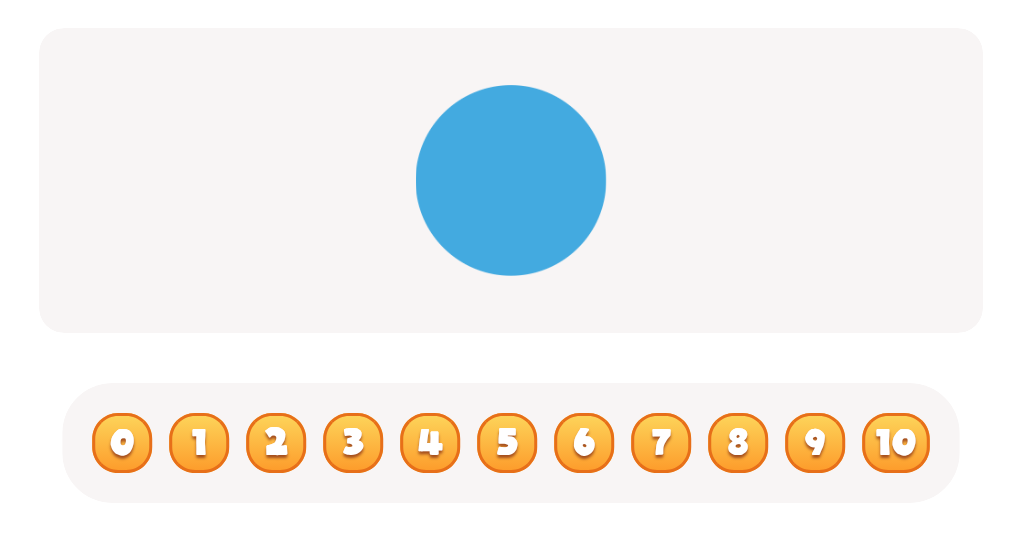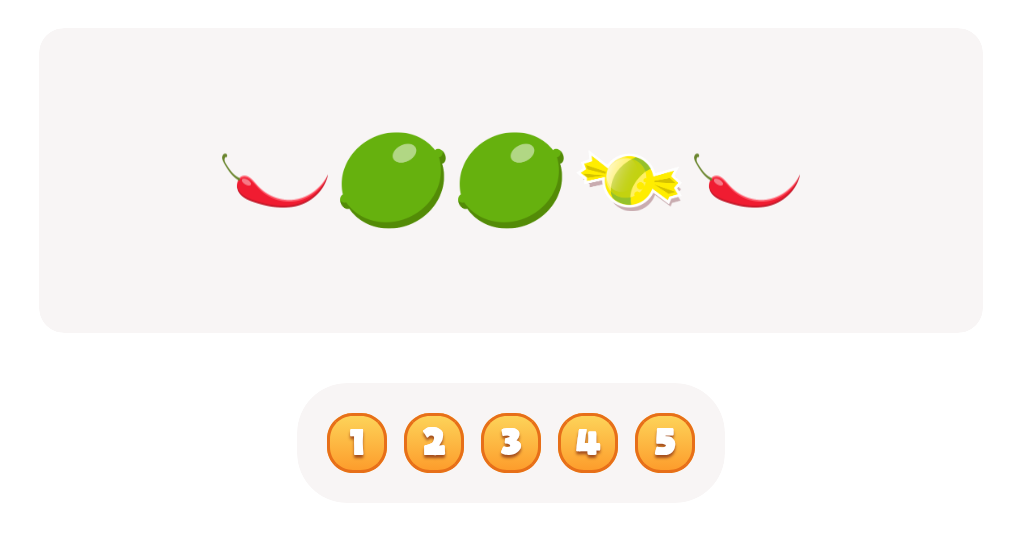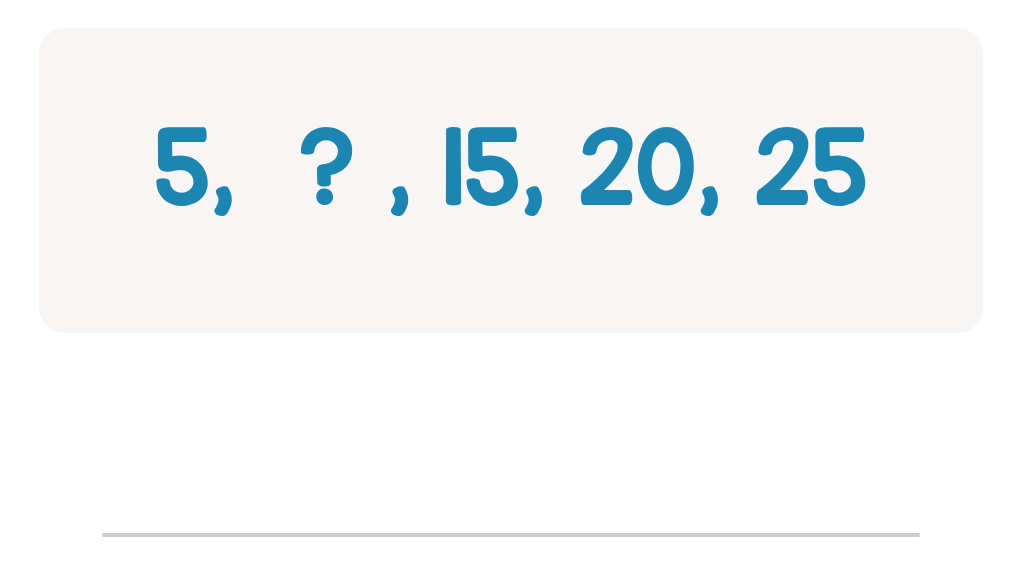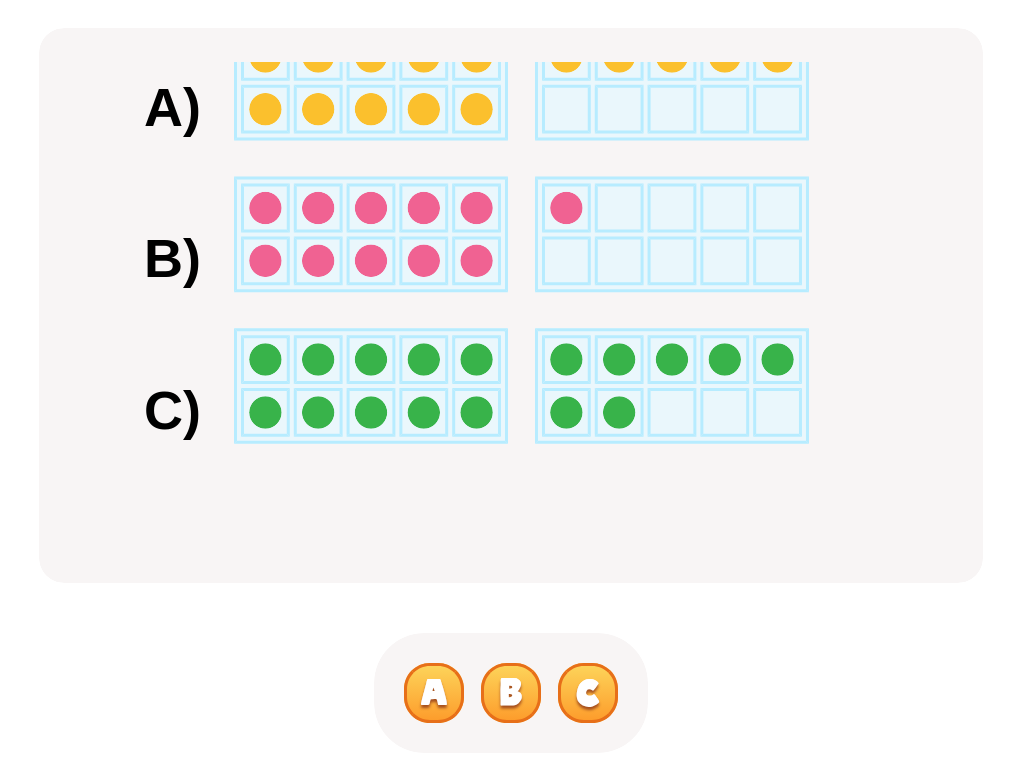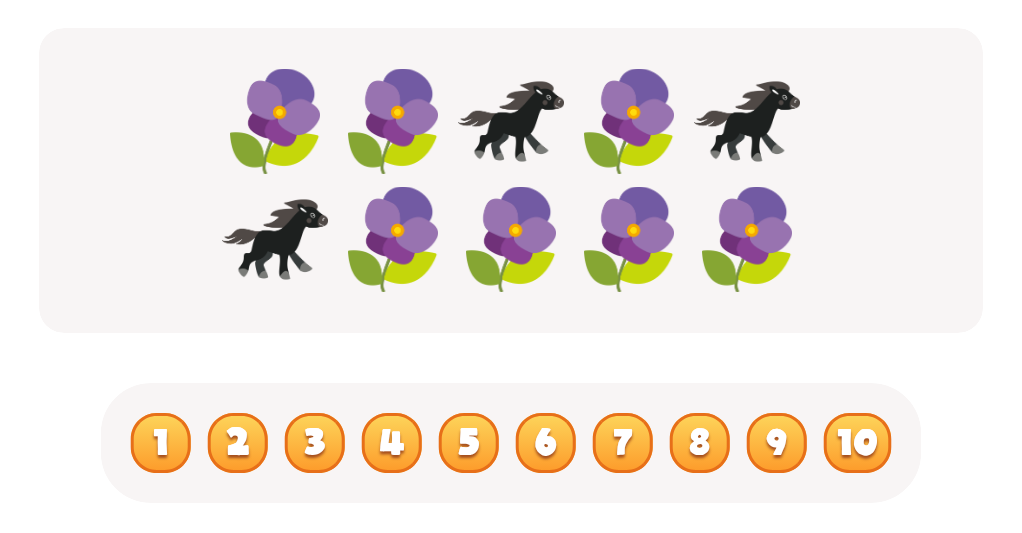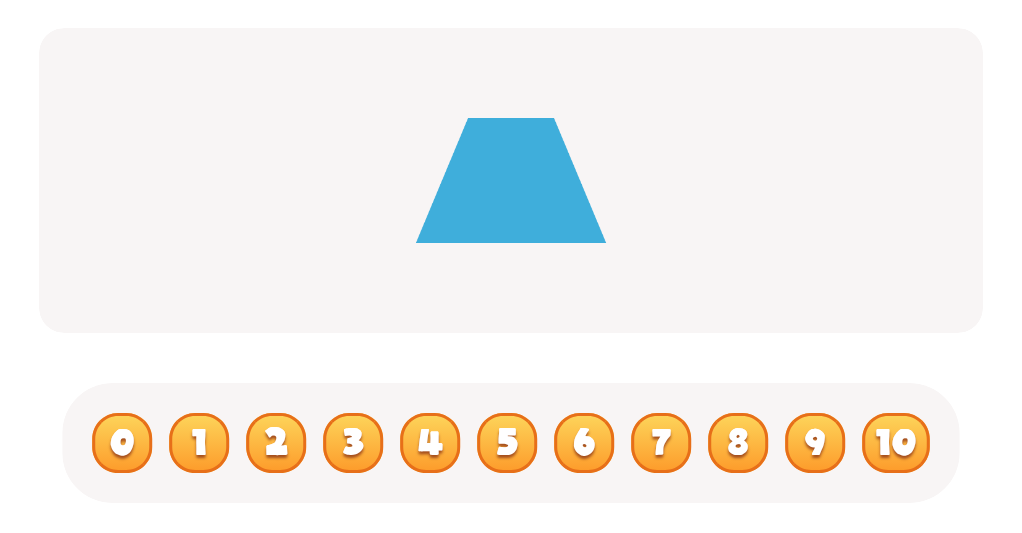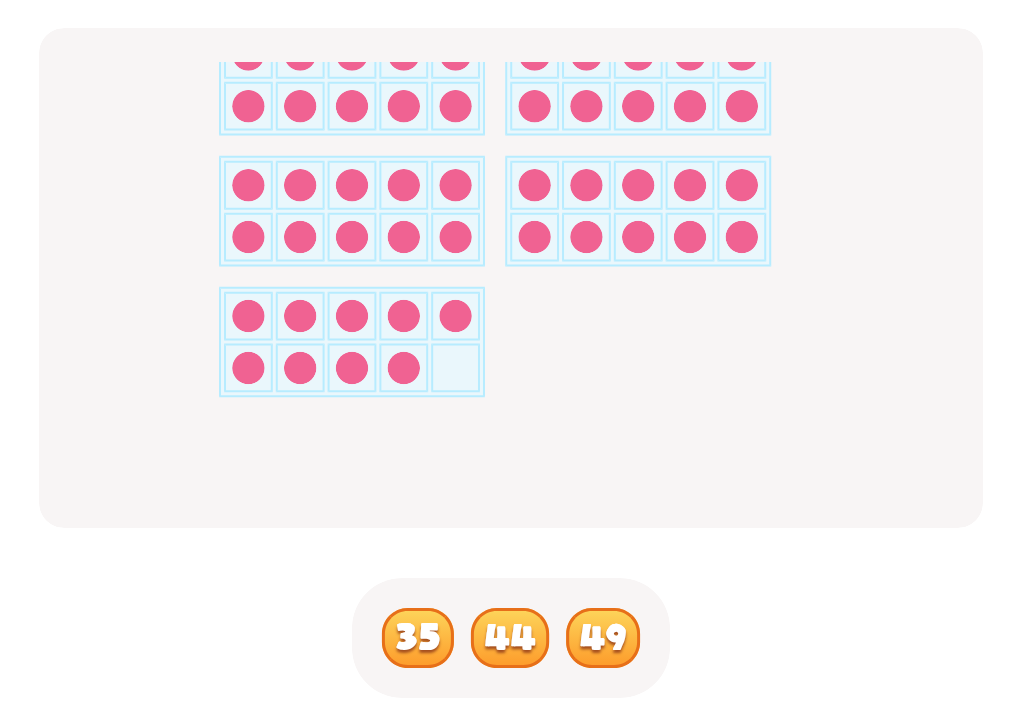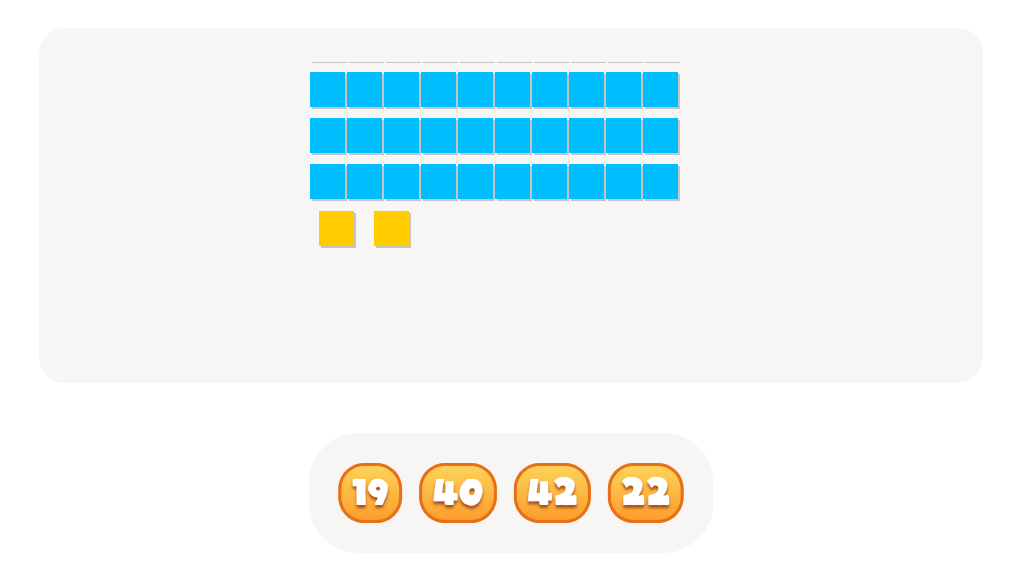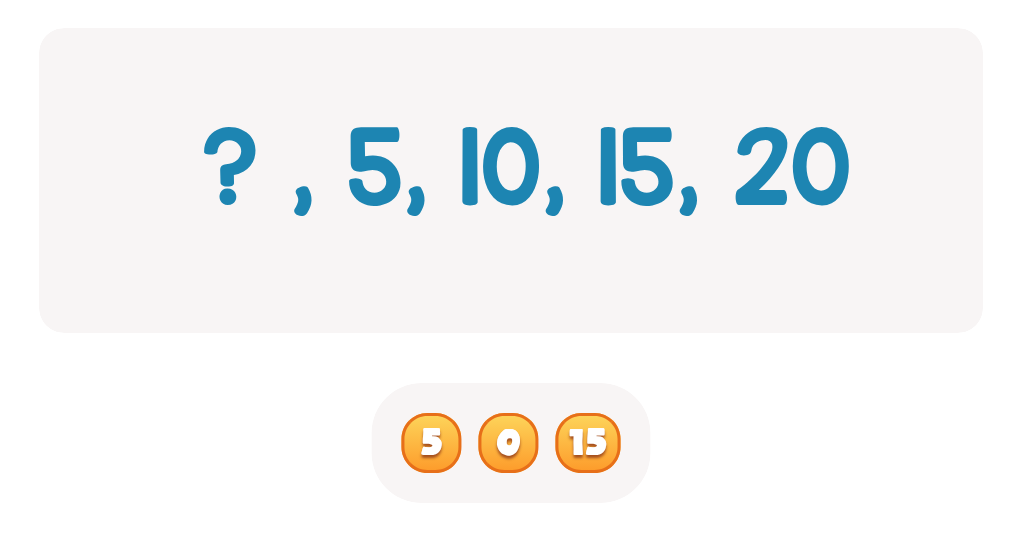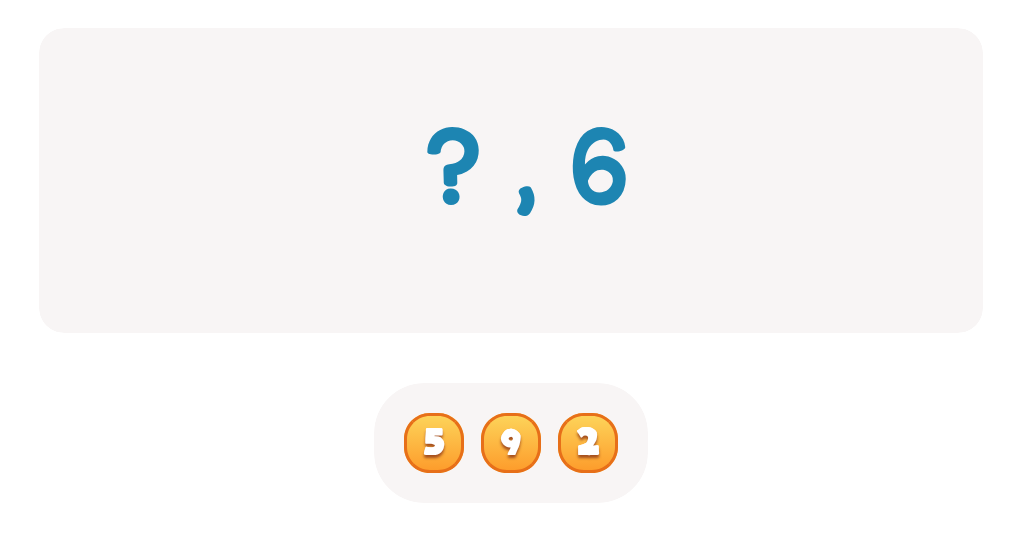Basic Math Skills Counting Worksheets for Ages 6-7
3 filtered results
-
From - To
Introduce your 6-7-year-old to the world of numbers with our Basic Math Skills Counting Worksheets. These engaging worksheets are designed to develop fundamental counting abilities through fun, interactive exercises. Your child will learn to count to 100, recognize number patterns, and develop a strong number sense. Our expertly crafted activities blend educational principles with playful challenges, ensuring your child stays motivated and enthusiastic. Whether they’re counting objects, filling in number sequences, or exploring number bonds, these worksheets will make learning counting skills a delightful experience. Spark your child's mathematical curiosity and watch them excel in no time!
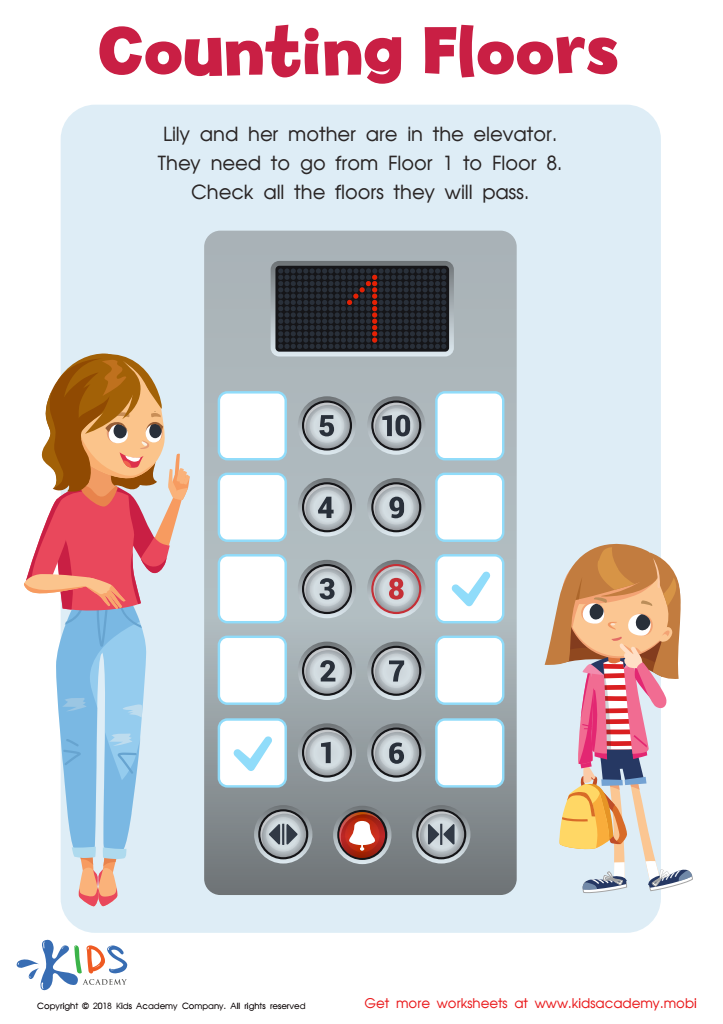

Counting Floors Worksheet
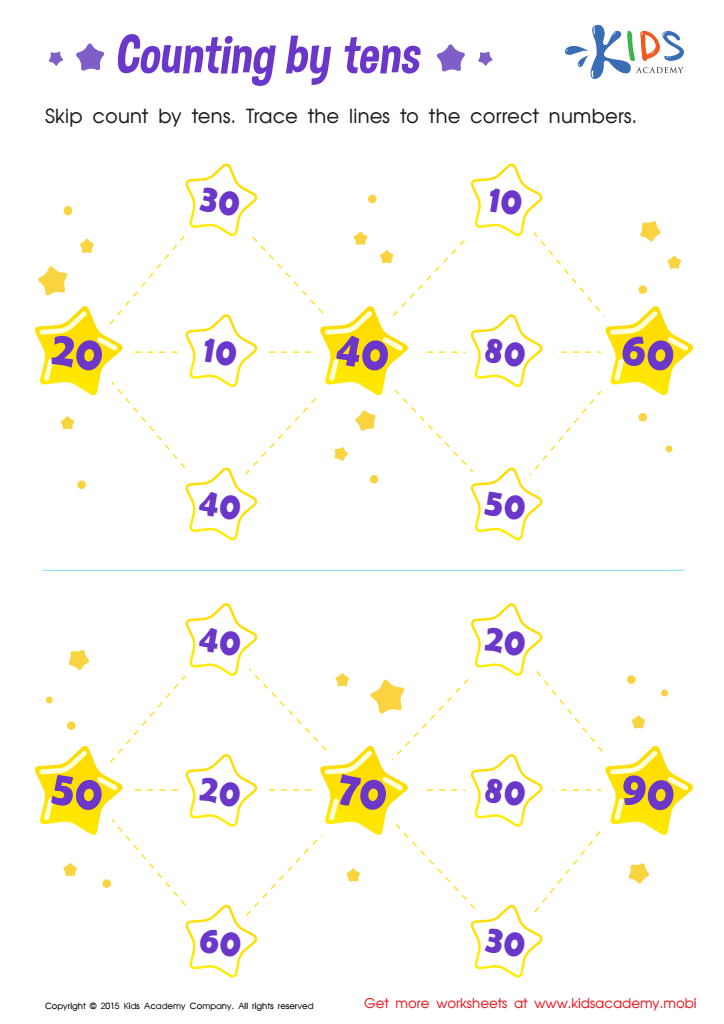

Learn Dozens: Counting by Tens Printable
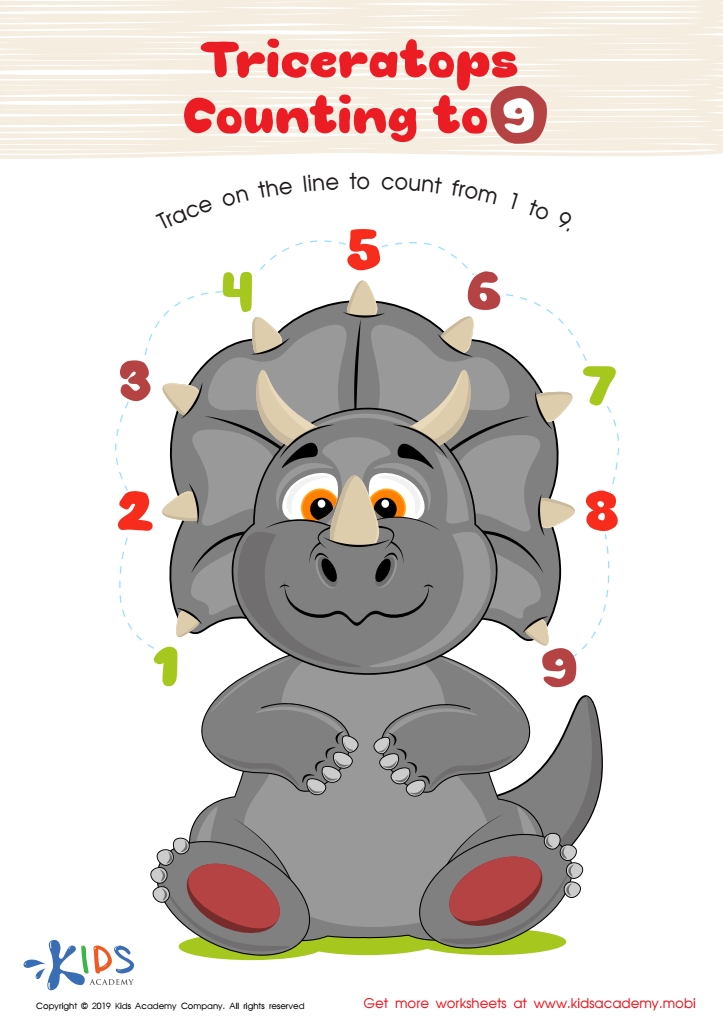

Triceratops Counting to 9 Worksheet
Parents and teachers should care about basic math skills, particularly counting, for young children aged 6-7 because these skills serve as the bedrock of more complex mathematical learning and everyday problem-solving. At this age, children are typically in first or second grade and are beginning to grasp understanding numbers and their relationships, sequencing, and the basics of addition and subtraction.
Counting proficiency lays the foundation for future arithmetic operations. Good counting skills enable children to learn patterns and recognize number sequences, which are vital for understanding higher math concepts. Early mastery of counting also enhances cognitive abilities such as memory, attention to detail, and logical reasoning.
Moreover, counting is integral to daily activities and practical life skills. From measuring ingredients for a recipe to determining how many days are left until a special event, being proficient in counting helps children understand and interact with the world around them.
Furthermore, early success in counting and basic math can boost a child's confidence and foster a positive attitude toward future learning experiences. Addressing mathematical challenges early helps prevent math anxiety and ensures that children are well-prepared for subsequent academic levels.
In essence, by prioritizing basic counting skills at this critical developmental stage, parents and teachers set children on a path toward academic success, better problem-solving abilities, and a more enriched understanding of their everyday environment.
 Assign to My Students
Assign to My Students
